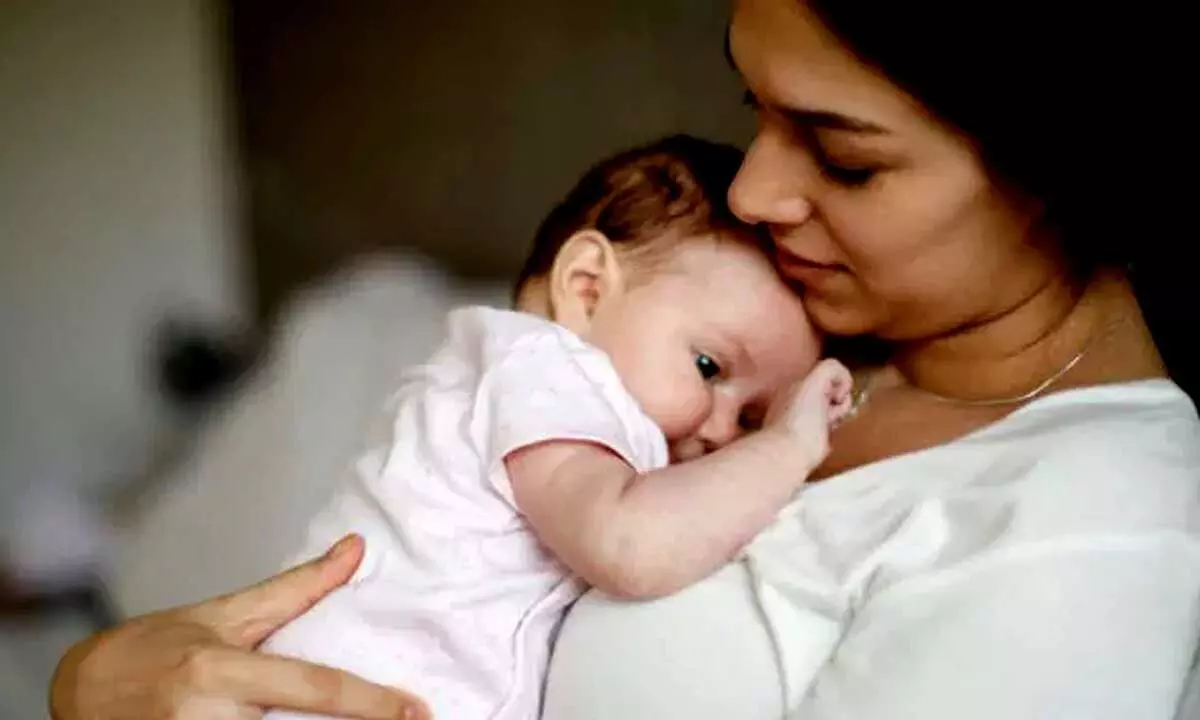Specialised postpartum care for caesarean birth

Recovery after a C-section requires specialised postpartum care to ensure the physical and emotional well-being of the mother. Understanding the recovery process and available support can make a significant difference during this critical period
Caesarean section, also known as C-Section, is one of the most common surgical interventions adopted when vaginal delivery becomes dangerous for the mother and/or the baby. While this can be regarded as a lifesaving intervention, recovery from a C-section requires specialised postpartum care in order to ensure the physical as well as psychological wellness of the mother. Knowledge about the recovery process, and what kind of support is available can make a huge difference for a woman during her postpartum experience.
Post the c-section delivery, normally it takes six to eight weeks for a woman to regain strength fully, but it also depends on the individual factors at the time of delivery, health conditions, and complications.
Steps to follow after C-Section:
Pain Management:Pain in the incision site remains for a few weeks. To reduce the pain, women can use a heated or warm pad to the affected area. This helps in relaxing muscles and increases blood flow.
Medication:Women who are allergic or sensitive to certain medications may face an increased risk of infection near the incision site, blood clots, or a drop in body temperature. During this phase, the mother is still under anaesthesia, allowing doctors to analyse and address any issues. Based on the individual’s health report, doctors may recommend oral pain relief medications. This phase is the most crucial part, as any negligence in nurturing will lead to further health complications. During this period, women should communicate with the doctor about what their body is undergoing without hesitation.
Wound Care:Wound care is important to avoid any infections. One of the essential parts of postpartum care is to refrain from lifting heavy objects, as it can cause strain near the incision site and result in ripping the stitch, eventually leading to bleeding. In certain cases, dissolvable stitches are used that do not require removal. But in other cases, stitches or staples have to be removed after a considerable amount of time. Women have to constantly follow up with the doctor until their wounds are healed.
Physical activities
Following childbirth, women are repeatedly recommended to participate in simple activities, such as taking a quick walk, because it will enhance blood circulation, promote the healing process, and reduce the risk of blood clots. Before taking up any physical activities, make sure you get the doctor’s approval, as it guarantees that your health status is comprehensively understood and that it is safe to start.
Emotional Support
Recovery after a C-section is not only physical but can be a psychological process as well. Changes in hormonal levels, discomfort, and caring for the new baby make a woman highly vulnerable to postpartum depression or anxiety. A woman has to discuss openly with family members, friends, or doctors. They can engage in different activities like reading books, taking short walks, communicating with people in social service groups, rejuvenation, and keeping their minds fresh and active.
Nutritional Guidance
Nutrition and hydration keep the mother’s body well-balanced and there are several ways to introduce proper nourishment and hydration into treatment plans. A balanced diet with adequate hydration supports the formation and repair of tissues and the enhancement of the healing process. Iron-rich foods such as dark leafy greens, tofu, nuts, and apricots, together with fruits, which have a strong presence of minerals and vitamins, help blood that is lost during surgery to rejuvenate and assist in one’s recovery.
Recovery after a C-section is a mixture of medical care, self-grooming, and loving support from the near ones. However, every woman’s recovery journey is different, and medical advice should be followed carefully to give the body as much time as it needs. Mothers can regain their strength with specialised postpartum care and cherish wonderful moments of motherhood.
(The writer is a MBBS, MS(OBG), Specialist High risk Pregnancy & Advanced Art (OBG) Consultant Obstetrics and Gynaecology, Apollo Cradle and Children’s Hospital)








